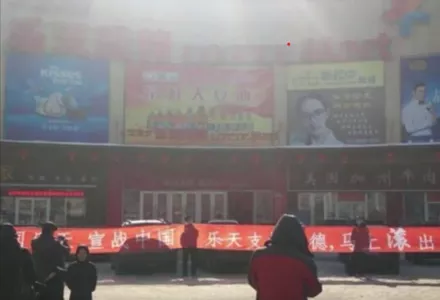Commerce and Coercion in Contemporary China
Speaker: Kacie Miura, Research Fellow, International Security Program
Why do some local leaders in China respond to foreign provocations by protecting foreign commerce from diplomatic tensions, while others engage in economic retaliation? Understanding this variation is important because whether local leaders are willing to serve as agents of state punishment has implications for China's use of economic coercion. Given China's strong central government, this variation in local leader behavior is surprising, especially during foreign policy crises, when national interests are at stake. To explain local leader participation in economic retaliation, the speaker proposes a theory that draws on the economic incentives and political concerns of local leaders in China. She provides evidence from a recent foreign policy crisis between China and South Korea over the latter's deployment of the THAAD missile defense system.
Please join us! Coffee and tea provided. Everyone is welcome, but admittance will be on a first come–first served basis.



